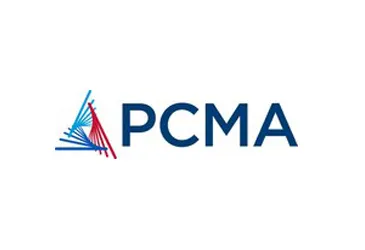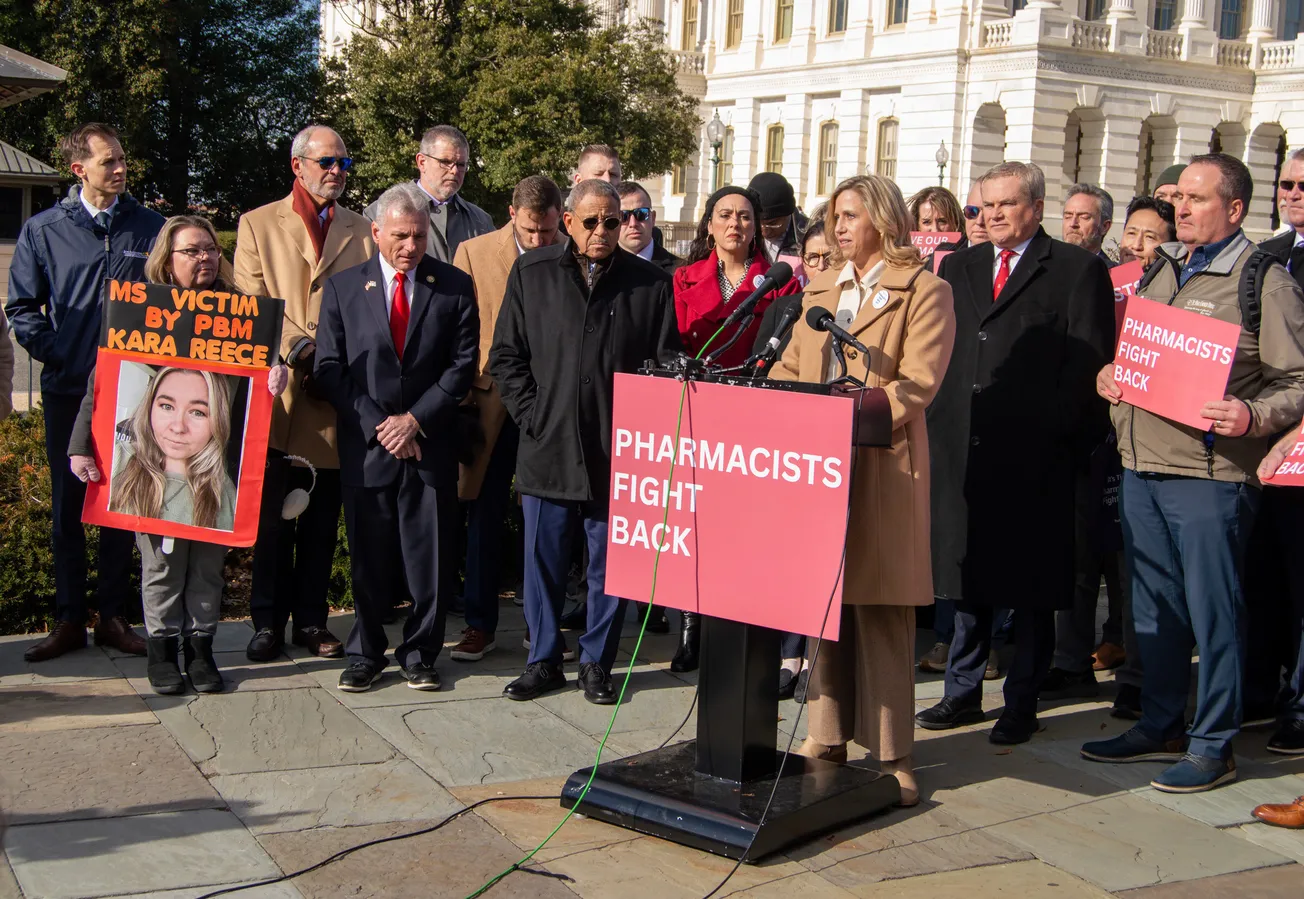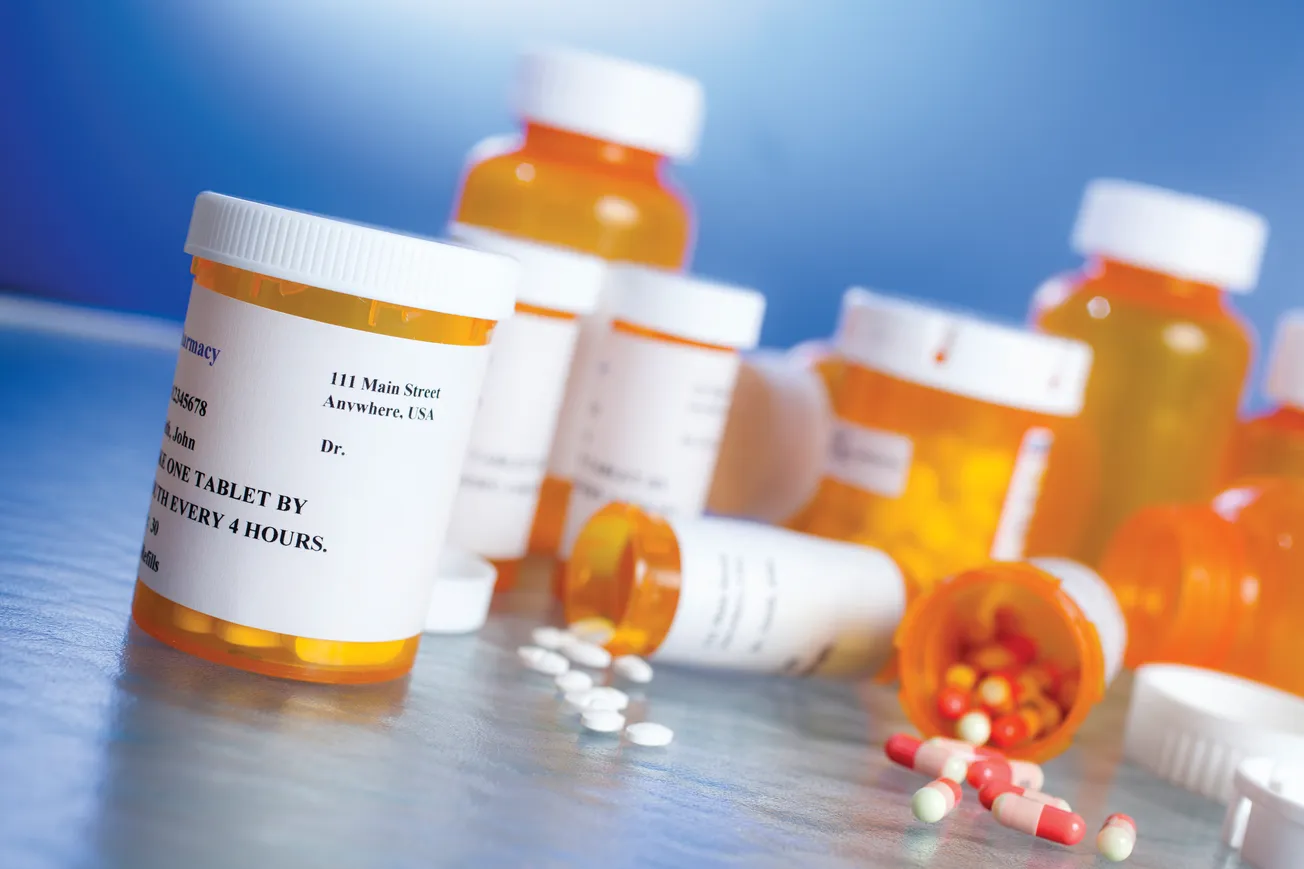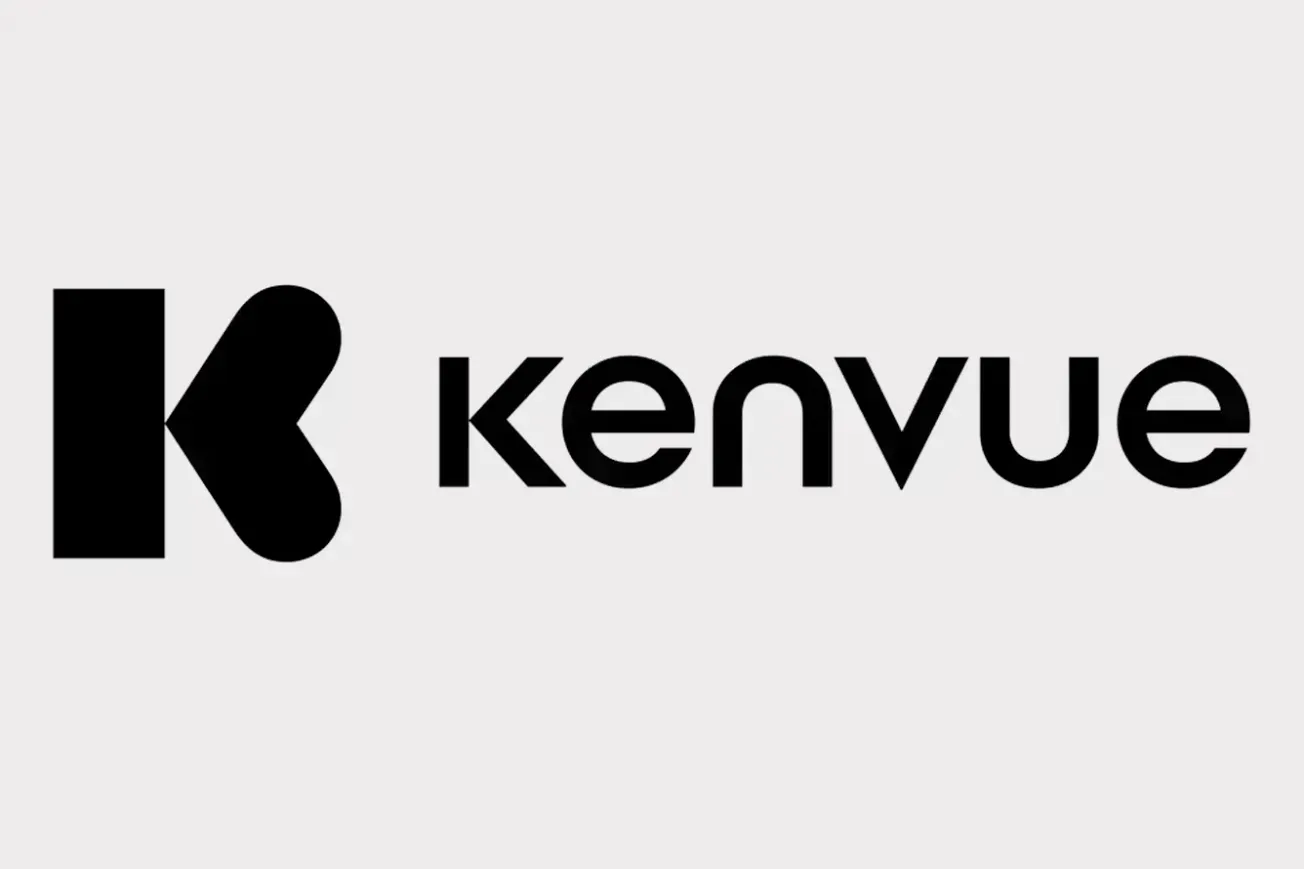WASHINGTON — Today, the U.S. House of Representatives passed the SUPPORT for Patients and Communities Act (H.R. 6), which will require electronic prescribing (e-prescribing) for controlled substances in Medicare. This is a significant step in the fight against America’s opioid epidemic, the Pharmaceutical Care Management Association (PCMA) said.

Mark Merritt
“This will save lives and reduce fraud by eliminating paper prescriptions for controlled substances and requiring doctors to e-prescribe them directly to qualified pharmacies,” said PCMA president and chief executive officer Mark Merritt.
PCMA is part of a broad coalition that supported inclusion of the Every Prescription Conveyed Securely provision, originally introduced as legislation by Representatives Katherine Clark (D, Mass.) and Markwayne Mullin (R, Okla.) and Senators Michael Bennet (D, Colo.), Dean Heller (R, Nev.), Elizabeth Warren (D, Mass.), and Pat Toomey (R, Pa.).
The coalition includes:
- Pharmaceutical Care Management Association
- Albertsons Companies
- America’s Health Insurance Plans
- AmerisourceBergen
- Association for Accessible Medicines
- Blue Cross Blue Shield Association
- College of Healthcare Information Management Executives
- CVS Health
- Express Scripts
- Health Information and Management Systems Society
- Health IT Now
- The Health Leadership Council
- Imprivata
- Magellan Health
- National Coalition on Health Care
- National Consumers League
- National Association of Chain Drug Stores
- National Community Pharmacists Association
- OptumRx
- Prime Therapeutics
- Rite Aid
- Surescripts
- Walgreens
PCMA also supports a number of important provisions in H.R. 6 to reduce opioid abuse, including:
- H.R. 4841, Standardizing Electronic Prior Authorization for Safe Prescribing Act. Electronic prior authorization helps ensure patients’ prescriptions are able to be dispensed safely and quickly, which allows for optimal adherence levels.
- H.R. 5676, Stop Excessive Narcotics in our Retirement (SENIOR) Communities Protection Act. Allows Medicare Part D plans to suspend payment of claims where there is a credible allegation of fraud prevents having to “pay and chase” fraudulent claims submitted by so-called “pop-up pharmacies.” This bill gives Medicare Part D plans important new tools to fight drug abuse and diversion. The legislation overwhelmingly passed in the House with over 350 votes.







